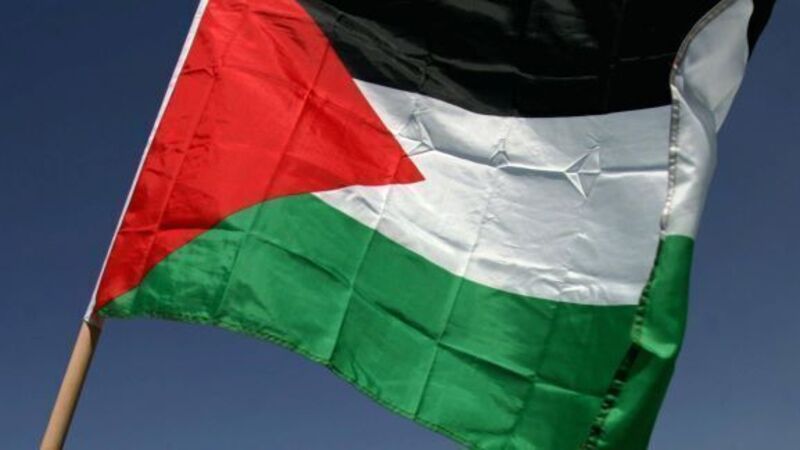Ireland risks seeming antisemitic - Occupied Territories Bill

THE best that can be said about the Control of Economic Activity (Occupied Territories) Bill 2018 is that it is a well meaning show of solidarity with the Palestinians living under Israeli occupation in the West Bank area.
The worst that can be said about it is that, by targeting the actions of Israel alone, the Bill risks the accusation that Ireland is anti-semitic. It is already being seen as such in the United States, particularly in Boston where politicians, business people and other power brokers have spoken against it, among them Mayor Martin J Walsh. The most trenchant criticism has come from prominent Boston lawyer Robert Popeo who describes the Bill as “the most outrageous blatant piece of anti-Semitism that I’ve seen in the past few years.”
















